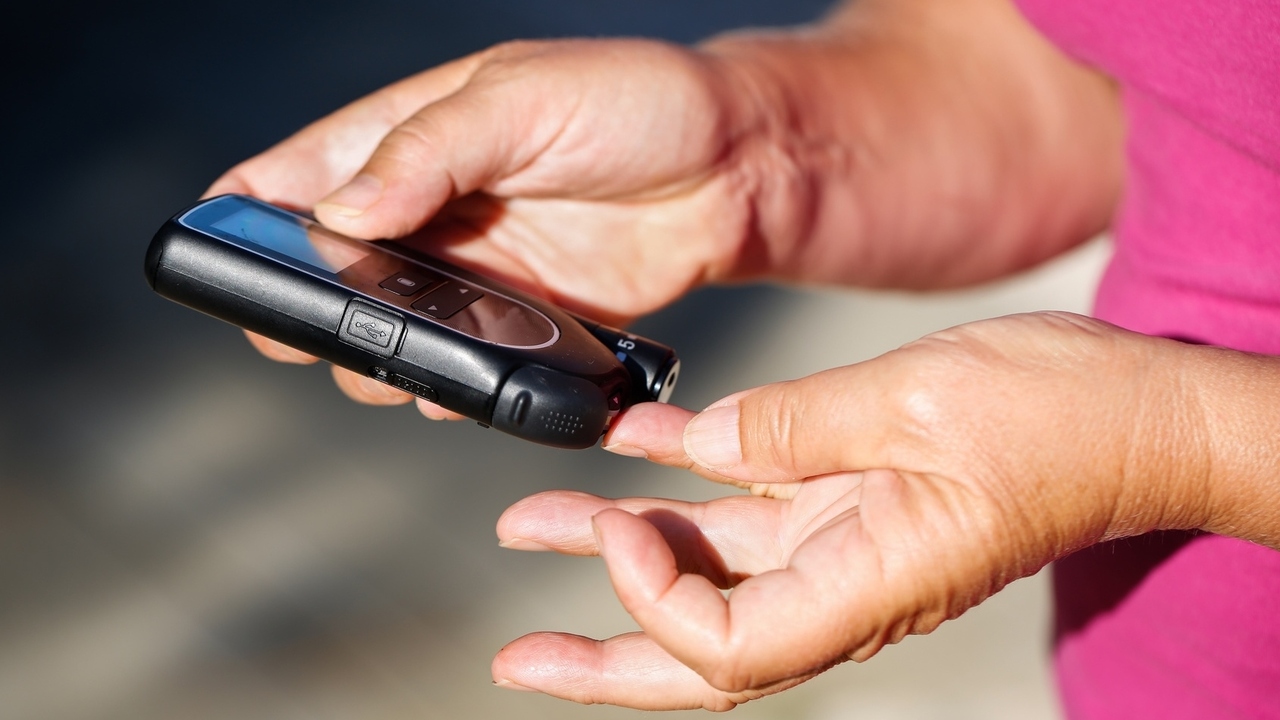The most common types of diabetes are type 1 and type 2 diabetes. These two types of diabetes are characterized by high levels of blood sugar, which can be detrimental to the body in a number of ways. There are a number of complications that can arise as a result of type 1 and type 2 diabetes. Recent years, many people say that marijuana does help soothe diabetes, but others who are more conventional still believe that marijuana won't do much good to diabetes. Now let's get close and find out more.
Can Marijuana Help Diabetes?
It is widely accepted, throughout the world, that marijuana is evil. While Some studies have gone so far as to illustrate a few positive elements of marijuana. This is because that the cannabinoids can help maintain the stability of the internal environment in spite of the fluctuations in the external environment.
Although marijuana has been proven effective in treating various nervous issues, studies regarding marijuana and the body’s metabolic processes are brand new. Although the relation between diabetes and marijuana is complex, more and more researches give promising results of using marijuana to treat diabetes. Though marijuana is harmful to the body by common knowledge, studies have proven that those who use the drug on a frequent basis are less inclined to develop type 2 diabetes. People who are "current users" have some of the lowest glucose and fasting insulin levels as well as the lowest body mass index. Besides, there are animal studies, which enable researchers to understand more about the connection between marijuana and diabetes. This attracts us to take a look at the potential connection between marijuana and diabetes.

How Does Marijuana Benefit Diabetes?
- Marijuana may help prevent insulin resistance. Insulin resistance refers to a condition in which the body’s cells reject insulin. This usually happens to those with type 2 diabetes. Insulin is useful in the metabolism of glucose and provides the body with enough energy. Insulin resistance can lead to elevated levels of blood glucose, causing hyperglycemia in the end. According to Sensi Seed, a 2013 study has found that current marijuana users have less blood glucose compared to others.
- Marijuana may help treat diabetes-induced neuropathy. Diabetics often have nerve disorders like neuropathy. A patient can experience no symptoms but may also experience pains in any part of the body. This disease is hard to cure by traditional methods, while new research has concluded that continuing use of marijuana (specifically the cannabidol extract) can significantly reduce painful responses to stimuli. The same study noted that the extract restores normal pain perception and at the same time does not induce hyperglycemia.
- More benefits of marijuana for diabetes
There are more potential benefits that correlate marijuana and diabetes, yet more studies are needed. Here lists all potentials that marijuana is speculated to help treat diabetes:
- It stabilizes blood sugar;
- It is an anti-inflammatory that can help alleviate arterial inflammation as well as the inflammation of nerves;
- It helps in the relief of muscle cramps as well as pain that results from gastrointestinal disorders;
- It helps keep the blood vessels open and hence helps in circulation;
- Over time, it helps lower high blood pressure;
- It helps prevent restlessness, hence allowing patients to sleep and recuperate;
- It reduces body mass index, helping diabetics to keep their weight down and avoid obesity.

Doubts and Side Effects That You Should Be Careful
Doubts of Using Marijuana for Diabetes
Despite all that has been mentioned previously, there is still skepticism regarding to the usefulness of marijuana in the management of diabetes. After all, there is no mechanism-based proof to show that marijuana actually is beneficial to a diabetes patient. Researches into this are not controlled experiments; rather, they are nothing more than observational studies.
For instance, there doesn’t appear to be an explanation of how marijuana lowers insulin resistance. In fact, what all these analyses have found out is that those who smoke the drug seem less likely to show any early symptoms of diabetes than those who don’t.
Side Effects of Marijuana
Some negative effects of the drug also should be cautiously taken into consideration, because damage caused by improper usage of marijuana would be fatal.
Here are some examples of negative effects in using excessive marijuana:
- Issues with memory and concentration, which can, in turn, affect the body’s glycemic control ability;
- Significantly raised appetite, which can, in turn, lead to very high levels of blood sugar (hyperglycemia);
- Diminished tolerance of glucose and hence hyperglycemia.
- There are also suggestions that prolonged usage of the drug can affect one’s ability to detect symptoms of low blood sugar levels (hypoglycemia). It is also possible that users could confuse the symptoms of hypoglycemia with the immediate effects of the drug.
